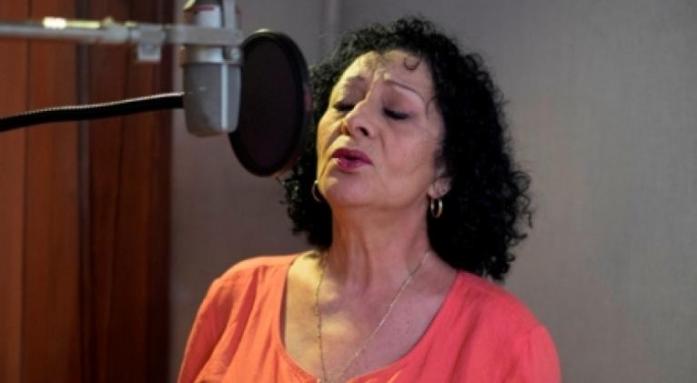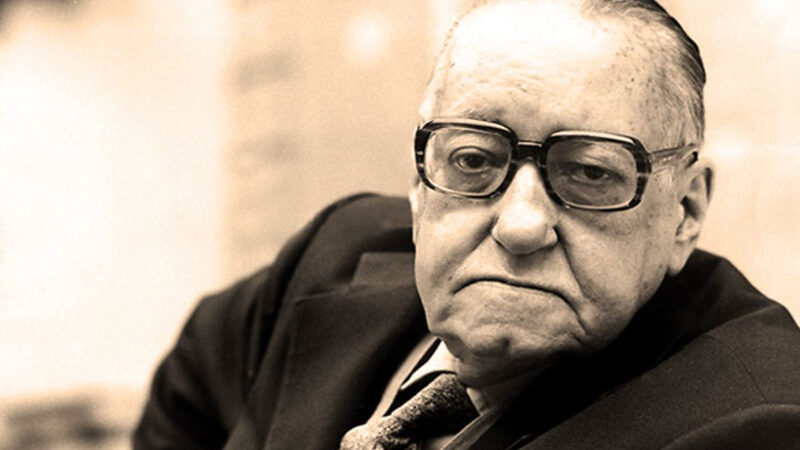Beatriz Márquez: the singing and defence of Cuban music

Known as La Musicalísima, a title immortalized by scriptwriter Orlando Quiroga, she was born on February 17, 1952, in Havana. In that city, she began her artistic career at the age of 16 under the guidance of her father, the composer and singer René Márquez: «(…) I was that country girl from Mantilla, Havana, who later studied at the Amadeo Roldán Conservatory, then at the National School of Art (ENA), until I started my solo career, and here I am, trying to give my best, to help those people who extended their hand to me over the years, and to support the new generations by always giving them good advice.»
A glimpse into her career reminds us of outstanding performances of composers such as her own father, Marta Valdés, Germán Nogueira, or Silvio Rodríguez. To this, we must add Beatriz’s own compositions and the complement of her performances. Both, rooted in genres like bolero and song, make her one of the reference figures in the romantic genre in Cuba.
Her performing skills, vocal range, and pitch complement Márquez’s imprint as one of the most recognized singers of romantic songs in Cuba. Art critic Frank Padrón expressed about her: «In six albums (…) she has demonstrated her consistent professional development, her lines and nuances (…) her different authors – which in recent works frequently include her own compositions – the evolving orchestral conception, enriched with new sounds, and her own performing maturity. While the repertoire has not always been optimal, the compositions have shown evident unevenness, not all albums have the same quality; it is necessary to recognize Beatriz Márquez as a solid discographic figure.»
According to José Ramón Artigas: «Singers of this kind need acts of justice, respect, and why not, veneration.» Filmmaker and critic Guille Vilar shared his admiration for La Musicalísima when referring to Libre de Pecado, a record deserving of the Cubadisco Award in 2018: «(…) there is the timbre of Beatriz Márquez, the unmistakable style of La Musicalísima, a prestigious veteran who remains untouched in all the battles for the predominance of beauty in the song that we cannot even imagine, and with the same voice since the first day she took on the profession at the age of 16. Virtues converge in Beatriz that make her a vocalist capable of enchanting us when we hear her sing. It is something that goes far beyond the gift with which she has been blessed, in knowing how to place her voice as needed to express the feelings in each song.»

Márquez also received the National Music Award for her lifetime achievement in 2015. The Adolfo Guzmán Competition played a prominent role in her life. She participated as a performer and later joined the jury, leaving behind moments that summarize this artist’s commitment and dedication to music. One notable instance was the 1980 edition when the audience, moved, vigorously applauded her performance of Amar, vivir, by Richard Egües, and did not let her finish the song, as a demonstration of admiration and regard for her presence.
As journalist Ana Rosa Perdomo Sangermés pointed out, the privilege of her warm and melodious voice breathes life into the lyrics she performs or draws inspiration from: «Possessing an absolute ear for prestige and recognition, Beatriz Márquez Castro knows how to place her talent and respect for her art in the exact place of romantic songs, sentiment, and bolero, which she has always chosen as the genres of her extraordinary music.»
To this commendable work, we add the representative mark of her presence in foreign and national festivals and competitions. In these events, Beatriz elevated Cuba’s name with the professionalism and dedication of an artist whose relevance withstands the test of time. As Ana Rosa states: «La Musicalísima, as everyone identifies her, preserves the beauty in her vocal expression that always accompanies her face and simplicity, as if the years did not pass. Her audience always prefers her on any stage.»
Translated by Luis E. Amador Dominguez



